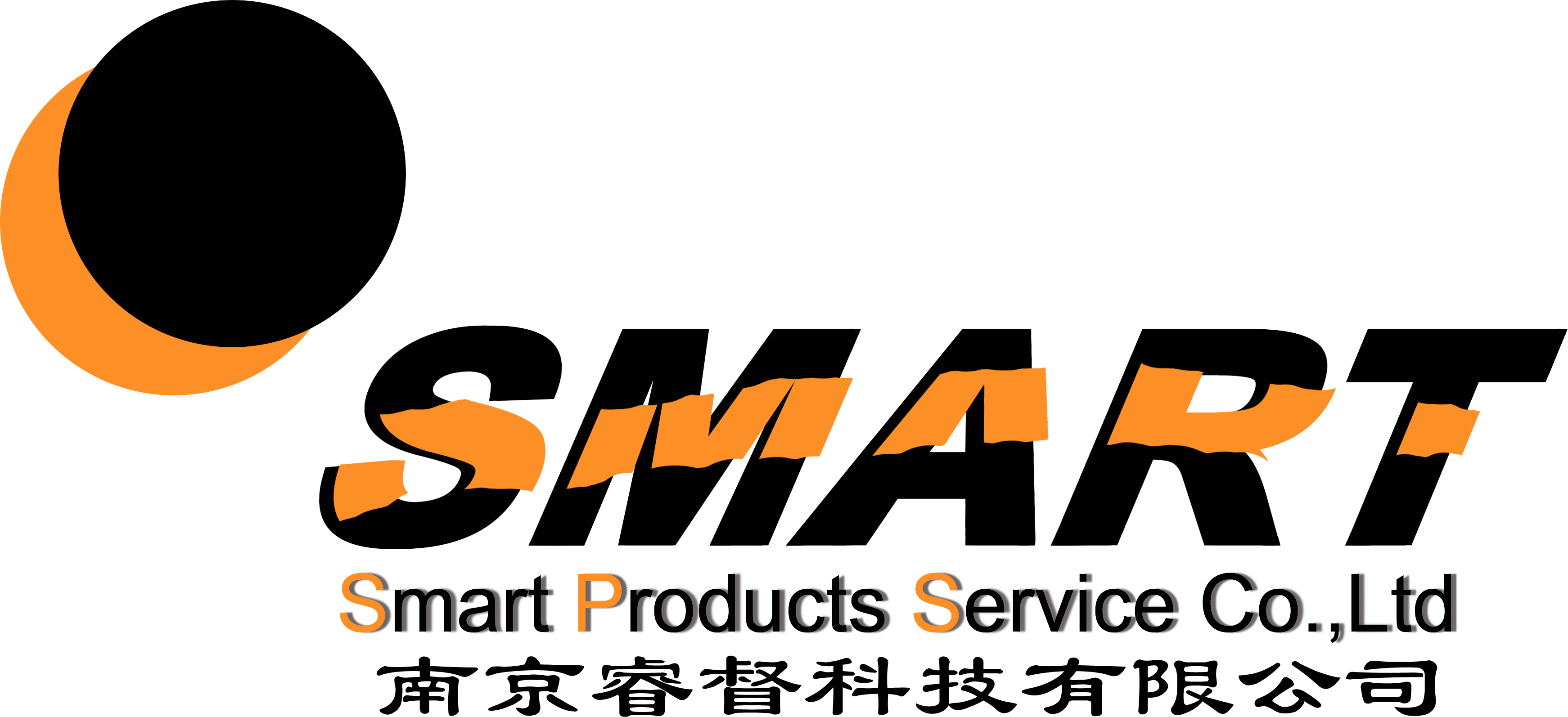Smoke leakage testing EN 1363-3
Smoke leakage testing
Smoke leakage testing is used to test door and shutter assemblies and determines smoke leakage at ambient and elevated temperatures (200℃). Smoke leakage testing explores the rate of leakage of cold air and hot gases from one side of a door and shutter assembly to the other, representing the passage of smoke during a fire
Why do I need smoke leakage testing?
Doors are an essential part of all buildings and due to developing and changing legislation are increasingly put under pressure to perform many different functions within a structure. Ensuring the right level of performance of your doorset within a structure is an integral part of building a safe space. Smoke leakage performance in many cases is an essential part in the design of buildings and will influence how a fire strategy may be developed. A fire door that halts the spread of flame yet allows the passage of smoke may be considered inappropriate in many circumstances.
Increasingly, countries now specify that there must be provision for doors to provide smoke control. In the UK, currently the requirement relates only to cold or ambient smoke. However, many of the doors which require smoke control performance are also required to have a fire resisting capability and will therefore include intumescent seals which, when subjected to the elevated temperatures of a fire, will expand and seal the door within its frame ensuring the compartment line is not breached.
Smoke leakage test evidence is also necessary if you wish to UKNI / UKCA/ CE mark your door product to achieve a Sa or S200 classification in accordance with EN 13501-2.
What to expect from smoke leakage testing
In order to evaluate smoke leakage at ambient temperatures, the test is conducted using a specially designed smoke leakage chamber, housing a partition to install the sample. The chamber utilises fans to control the pressure exerted and includes a pressure transducer, a flow meter and digital displays to record pressure and leakage rates throughout the test. Leakage over the perimeter length of the opening element is used to determine the results. It is possible to evaluate both positive and negative pressures at ambient temperature. This can be done by simply reversing the chamber control fan's polarity to demonstrate leakage rates at ambient temperatures from both directions; leakage readings are taken at various pressures depending on the test standard.
Warringtonfire smoke leakage testing services
Warringtonfire can offer smoke leakage testing to EN 1634 Part 3, BS 476: Part 31.1 and AS 1530.7. We have excellent smoke leakage testing facilities and can perform the tests from our UKAS accredited laboratory in High Wycombe, our BELAC accredited laboratory in Gent and our NATA accredited laboratory in Melbourne .
Our facilities include a 3m x 3m rig which includes a partition for supporting the sample, the fans are powered by a purpose built control panel, while pressure transducers and flow meters provide a digital read out of the pressure and leakage rates.
At our Warringtonfire Melbourne laboratory, we are also accredited for a range of European and US air leakage tests.
EN 1363-1:2020 Fire resistance tests - General requirements https://www.firete.com/en/firetesting/fireresistance/651.html
Contact Us:
If you would like further information or pricing on Fire testing - please contact us at:
Tel: (+86) 25 86583475 (+86) 25 86583465
Web: www.fire-test.com www.firete.com
Email: info@fire-test.com fanghuo@vip.163.com
WeChat:firetesting 或 17714189018
...







